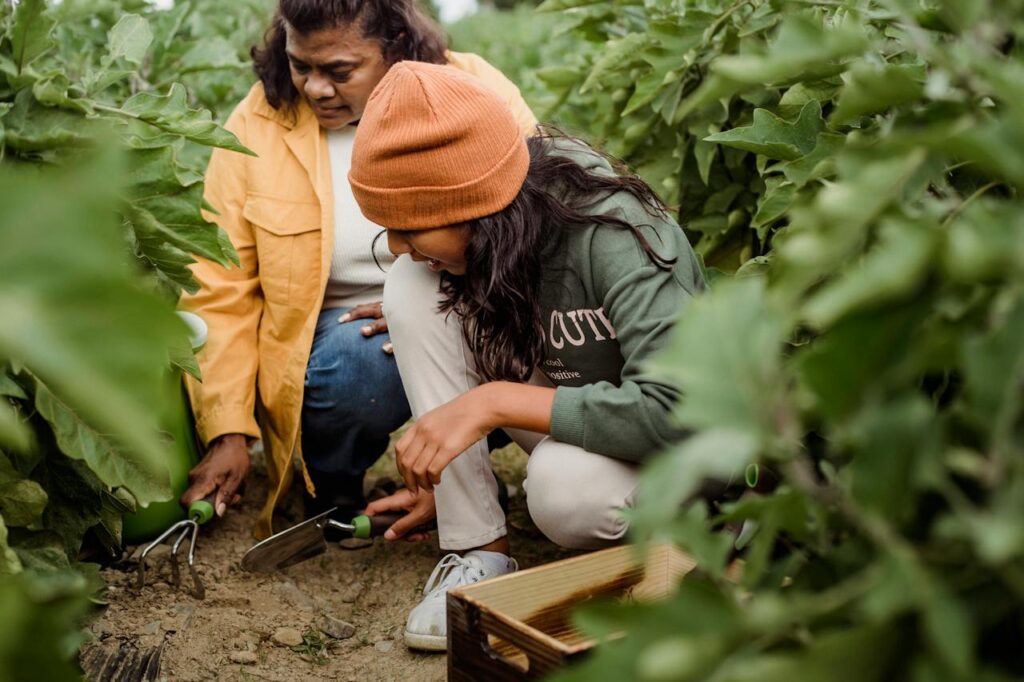
Sustainability has become an important consideration in every area of human endeavor because of our impact on the environment. Because of the vast scale of farming in the U.S. and other countries, the practices used necessarily affect the ecology of a geographical area and can have a significant impact on the environment whenever agricultural practices are performed. This has led to a whole new way of thinking about how people farm and how we measure successful farming outcomes.
What Is Sustainability in Farming Practices?
“Sustainability” is a concept that was initiated in the 1980s to describe a strategy of supplying the needs of the present, without compromising the ability of future generations to get what they need from the environment for their survival. The idea has expanded to embrace all aspects of human endeavor including farming, which uses a significant amount of resources to feed the world population.
Crop Rotation
The benefits of crop rotation for soil health have been known for many years, but current research is finding that the strategy has far-ranging benefits for sustainability. Varying the types of crops that are planted in fields can help to restore the nutrients in soil, disrupt detrimental insect populations and improve weed management.
Natural Pest Control
Learning to use beneficial species to strategically limit insect species that are damaging to crops can be a good way to reduce pesticide use in farming and improve sustainability of agricultural practices. Ladybugs, lacewings and parasitic wasps are just a few species that can be used as natural pest control.
Intensive Water Conservation
Using techniques such as drip irrigation instead of the routine spray irrigation technique can help to reduce water use while preventing loss from evaporation. Recovering water resources used in farming instead of allowing runoff helps to conserve water resources for the planet.
Composting
Using composted materials, manure and other organic soil amendments can help to improve soil nutrients and boost crop yield. These materials increase water retention in soil to decrease watering, reduce soil compaction and support proper drainage and aeration. Organic materials also help to increase soil microbes.
Preserving Heirloom Varieties
Heirloom varieties of plants have survived a broad range of climate conditions and can help to rejuvenate the genetic makeup of today’s commonly used plant species. These heirloom types help plants to resist insects and can even improve the nutrient quality of crops.
Using Renewable Energy
Solar and wind power have helped us to reduce our dependence on fossil fuels. In the past, farming has been a considerable user of fossil fuels for routine activities. The change to renewable sources has helped to reduce the use of oil and gasoline to help the sustainability of our planet.
Preserving Natural Habitats
The local ecology, which offers native plants, insects and animal species, can help to support the maintenance of crops. Improving farmers’ understanding of the value of local species can help farmland and undeveloped habitats to comfortably cohabit, side-by-side, and help both to thrive.
Producing food for the world is a mammoth undertaking, with a great number of impacts on a local environment, as well as a wider ecology. Farmers are learning new methods of working the land that can still produce high yields, without causing irreparable damage to the world we inhabit.
